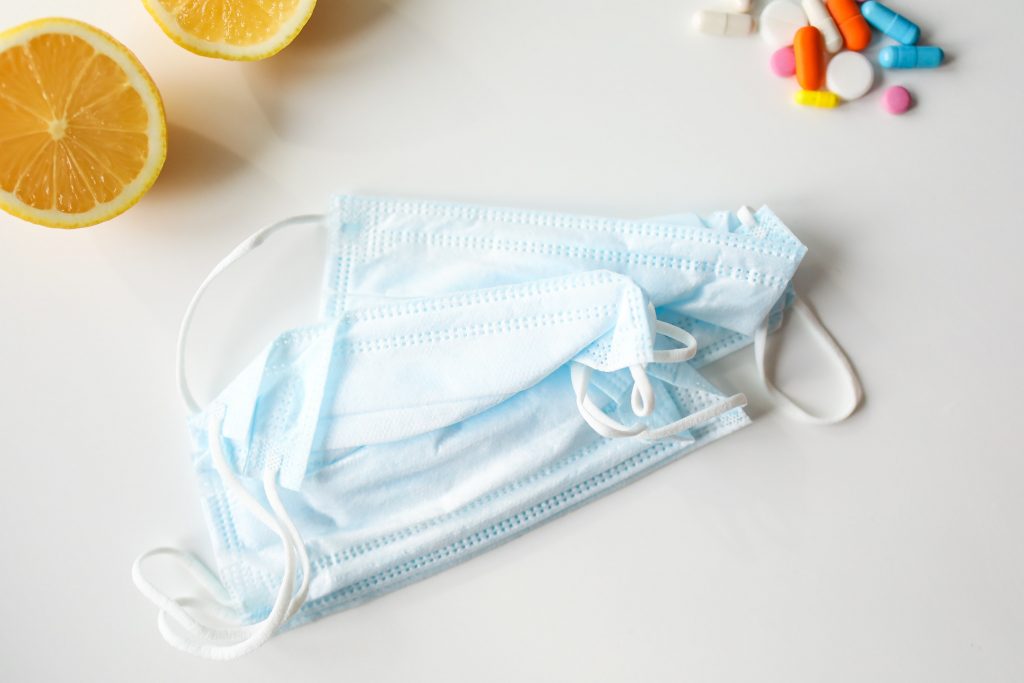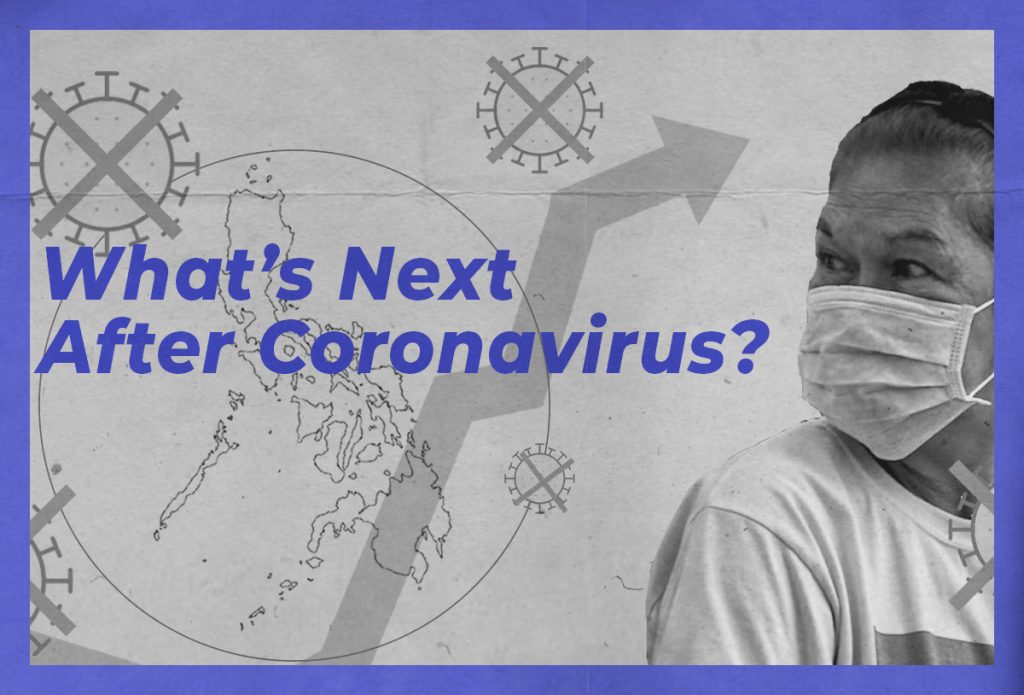How can the Philippines recover economically post COVID-19
“The importance of the Health and Food production industry was emphasized during the COVID-19 outbreak, which is why it is essential to advance these sectors for emergency preparedness to shield the country from severe economic slowdowns.”
Yesterday, I was talking about general perspectives on COVID-19 with my limited and humble knowledge.
To be honest like most of the society (if not all) I have just estimations, not facts. I am only sure about one thing. The economic battle after COVID-19 will be as hard as our battle with COVID-19.
The situation is not going to be easy. Lots of people will lose their jobs. Lots of companies from all sizes may fold. If there is one thing that the COVID-19 outbreak has shown us, it’s that the Philippines is more vulnerable to this type of emergency situation compared to more developed nations.

Emergency preparedness to prevent economic collapse
In order to better equip the country for potential crises like the Coronavirus outbreak, we will need a better production and distribution system. We will need to produce, distribute and market our products and services on the most economically feasible way. Moreover, all the layers of the society should focus on getting prepared for future jobs.
We can convert this crisis to an opportunity to change the unlucky history of Philippines and to be a leader country.
It is not a secret that the society will change its structure after we win this battle. The importance of the Health and Food production industry was emphasized during the COVID-19 outbreak, which is why it is essential to advance these sectors for emergency preparedness to shield the country from severe economic slowdowns.
Here are my ideas about what we should do to keep the society in better shape:
LAWS / POLICY
- Declaring Health, Agricultural and Educational Data as the strategical assets of the country.
- Preparing a law that Filipino strategical asset data cannot be stored, analyzed and processed outside of Philippines.
HEALTH
- Establishing a proper data accumulation system from all health facilities including private doctors or private hospitals and clinics (maybe even dentists and veterinaries).
- Architecting a well-planned data analytics and processing strategy for health data.
- Setting up Critical Control Points and connecting it to an alert system through AI.
FOOD PRODUCTION
- Modernizing the Agriculture industry and Agricultural equipment, and supporting farmers in using agri-tech systems to plan, maintain and produce better.
- Establishing a proper data accumulation system for agriculture and connect all those data for better data analytics.
- Creating a well-thought agricultural data strategy.
- Setting up Critical Control Points, Predictive and Prescriptive Data Analytic models to estimate agricultural production, improve it and to be protected against agricultural diseases.
- Improving our educational system for modern farming methods, to create better data scientists and innovators.
- Providing support for micro-businesses (home-based) to produce high-value food products.
You may wonder how all these ideas can be achieved. Don’t these solutions cost a ton of money? Where do we get the experts to implement all these projects? Do we we even have qualified personnel here to execute these plans?
Ideas can seem outrageous when no clear path is visible. And for much of the ideas I mentioned, they all seem unreacheable with the current technology that’s accessible to the country.
Leadeana was created as a means to provide answers to these challenges, and, more importantly, be able to bring these solutions to the right people in government and the private sector.
There is a misconception that state of the art solutions are too expensive to be implemented on a national scale. Hence, innovative solutions are often disregarded before it is even reviewed. It is my intention to break down this misconception and prove to everyone that advance technological solutions are very much available to developing nations like the Philippines – and that these solutions are accessible TODAY, not 10 or 20 years from now.
13 years ago, I came here to Philippines first time and I never lost my belief to the Philippines and Filipinos from the day I have arrived. With all my respect, I believe Filipinos and the Philippines deserve a much better future and I firmly believe we have enough talent and desire as a nation to achieve this.
For more info on Leadeana and our projects, visit our home page.
Be sure to follow me and Leadeana on social media for the latest updates on exciting A.I. solutions we’ll be introducing to the Philippines.
